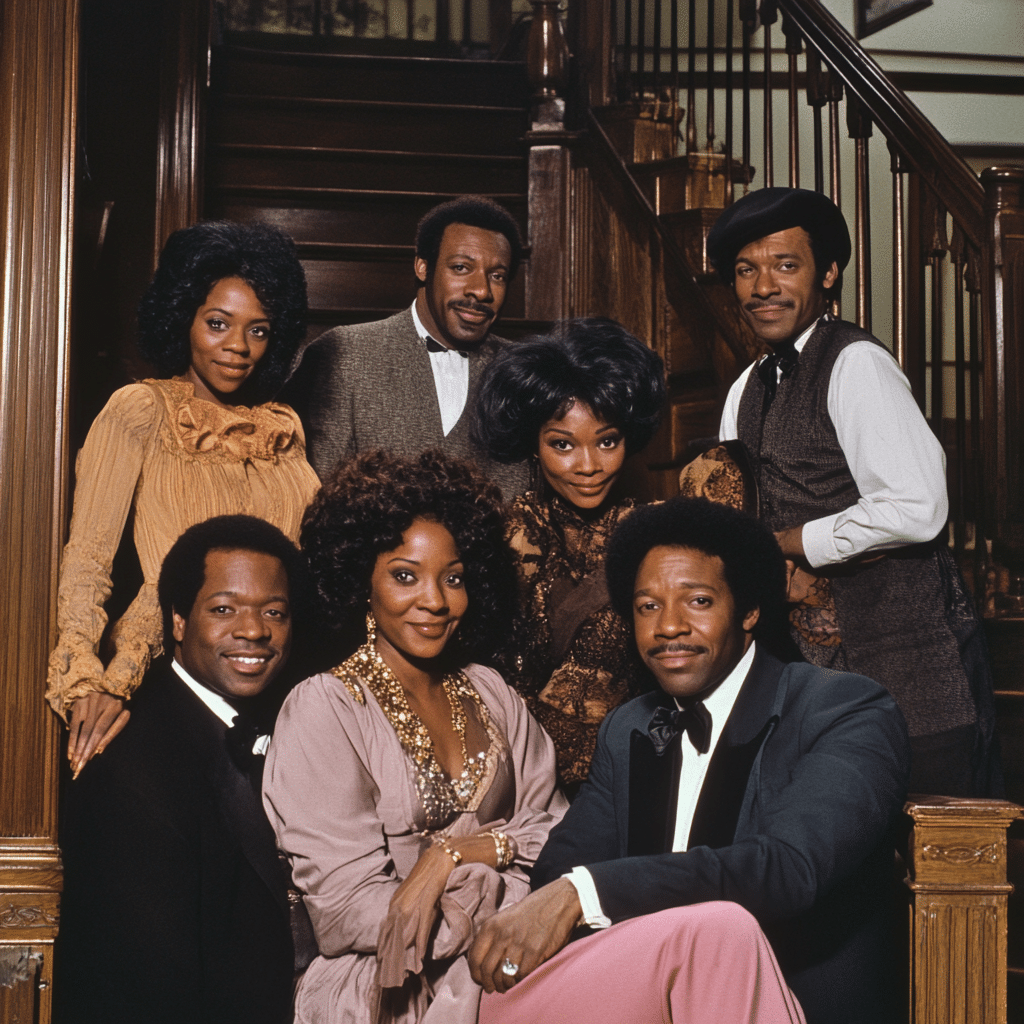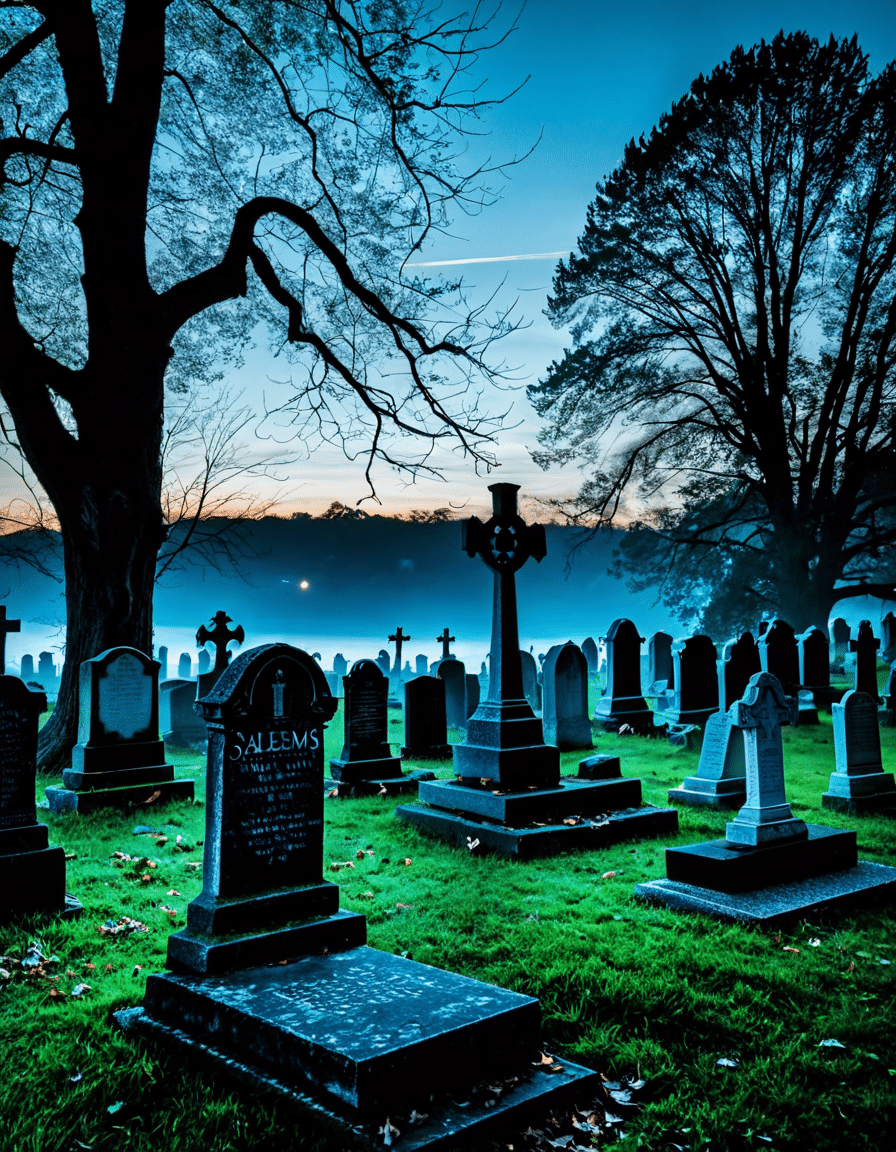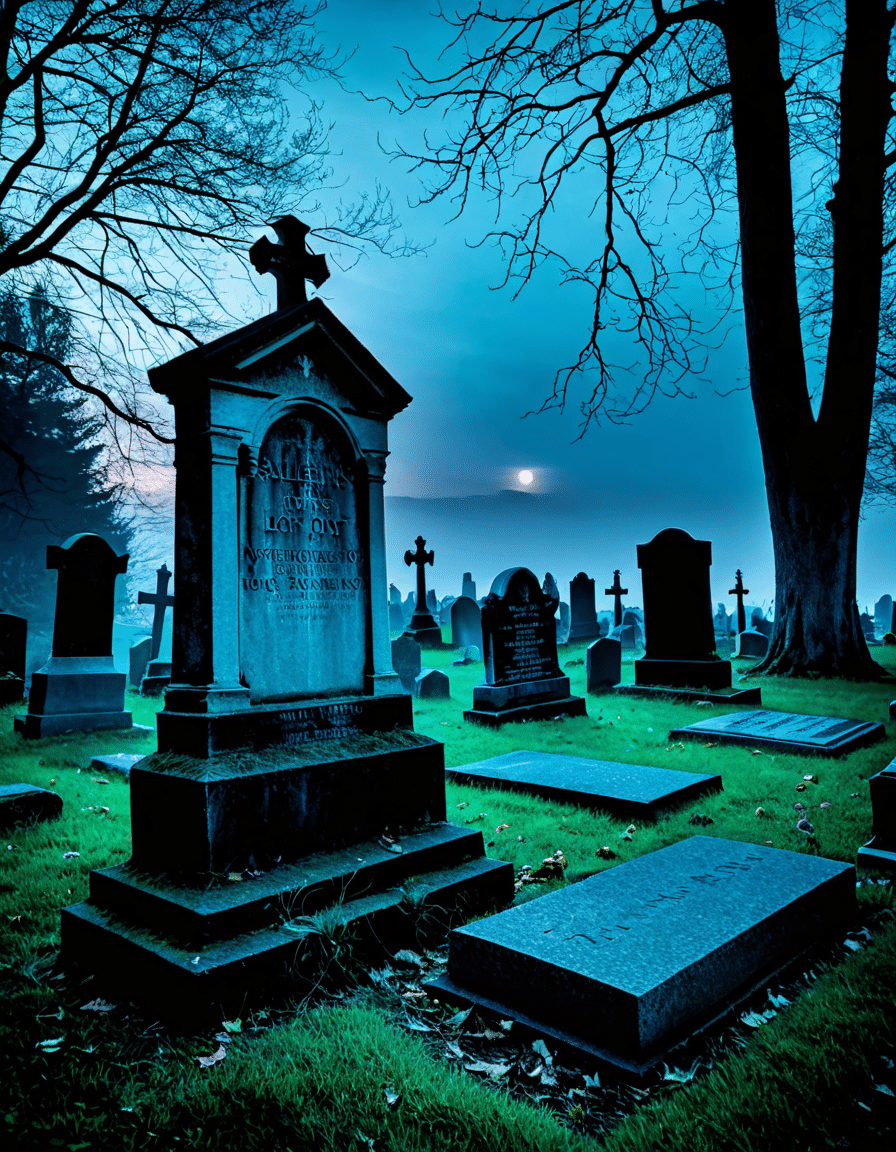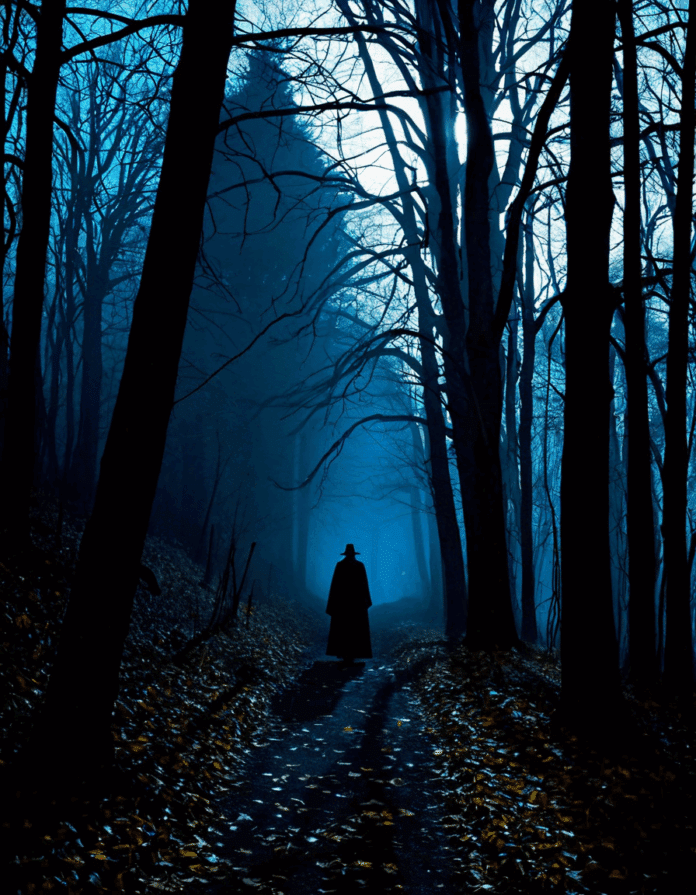“Salem’s Lot,” Stephen King’s spine-chilling horror novel, has sent shivers down the spines of readers ever since it hit the shelves in 1975. But hey, there’s an entire universe lurking beneath that eerie surface, and we’re here to dig into the seven haunting secrets you might not know about “Salem’s Lot.” From its inspirations to its adaptations, this exploration sheds light on what makes “Salem’s Lot” a timeless tale that continues to haunt our nightmares and the big screen alike!

## Salems Lot: Haunting Secrets You Never Knew
Imagine being a child, roaming around a small rural town in Maine, where the nostalgia of childhood seamlessly mingles with a hint of terror. That’s the heart of “Salem’s Lot.” Stephen King conjured this tale from his memories of Durham, a tiny town that undoubtedly inspired the fictional Jerusalem’s Lot. King’s childhood experiences allowed him to weave a narrative that reflects both the allure and dread of rural life. The triumph of “Salem’s Lot” is its ability to take something seemingly ordinary and twist it into a haunting, sinister story.
Isn’t it fascinating how personal experiences shape the worlds we create? The familiarity of towns like Durham brings a sense of grounding while also amplifying the horror element, proving that the spookiest stories often come from a place of intimate knowledge. Talk about your classic duality of charm and horror!

2. Unique Adaptations: From Page to Screen
Ah, adaptations! “Salem’s Lot” has had its fair share. We’ve got the bone-chilling 1979 miniseries and the 2004 remake featuring Rob Lowe, which aimed to give the story a modern twist. Both additions provide distinct interpretations that capture the essence of King’s work in different eras. The 2004 version, for instance, tried to latch onto contemporary anxieties by resonating with audiences familiar with horror tropes similar to the likes of Daddy’s Home, and boy, did it stir the pot!
However, translating that creeping, intimate horror from page to screen isn’t a walk in the park. Adapting a novel into a film often strips away the subtle nuances that make the book so memorable—a classic horror conundrum. Each adaptation, while compelling in its own right, struggles to capture the full essence of “Salem’s Lot.”
3. The Influence of American Folklore
“Salem’s Lot” doesn’t just revolve around vampires; it dives deep into the darker recesses of American folklore. King cleverly intertwined traditional myths and folklore, breathing life into the terrors that lurk in the dark. Rather than solely focusing on the supernatural, King uses these age-old stories to peel back the layers on human anxieties and fears.
Vampires in this narrative symbolize more than just bloodsucking fiends; they represent existential dread and societal breakdown. King’s tale feels fresh because he explores these deeper themes rather than relying on worn-out horror clichés—an approach that keeps readers hungry for more!
4. Salem’s Lot and the 1970s Cultural Context
When “Salem’s Lot” made its debut, turbulent winds were blowing through America—politically, socially, and culturally. The uncertainty of the 1970s cast dark shadows over everyday life, influencing King’s narrative in more ways than one. Trust issues, societal decay, and the fragility of the American Dream all play significant roles in the interpersonal dynamics among the characters.
King didn’t just write a vampire story; he mirrored the societal issues of his time, making the horror even more palpable. This backdrop gives a chilling layer to “Salem’s Lot,” reminding us that the monsters we create often reflect the monsters within ourselves.
5. Characters Influenced by Real-Life Figures
One of the most enchanting aspects of “Salem’s Lot” is its deeply human characters. King didn’t create these figures out of thin air; he infused nuances from real-life people into their traits. For instance, Ben Mears, the protagonist, draws parallels to King himself and his struggles with creativity and alcoholism. This reflection adds a level of authenticity that transforms characters from mere archetypes into relatable individuals facing horrific circumstances.
When characters have real-life influences, they resonate more profoundly with readers, making each character’s demise or triumph feel infinitely more impactful. This depth is what separates King’s work from generic horror narratives—his characters truly feel like they could be your neighbors, twisted in all the right ways.
6. Thematic Parallels with Other Works
Ever noticed how King’s exploration of fear and moral dilemmas in “Salem’s Lot” finds echoes in his later works? The thematic resonance with “The Shining” and “It” showcases how King weaves a broader tapestry of human fears that transcend time. He dives into the psyche, revealing that sometimes, the scariest monsters lurk within us rather than beneath our beds.
Just as in “The Shining,” where isolation breeds madness, “Salem’s Lot” demonstrates the dangers of suppressed fears and unaddressed traumas. These interconnected themes draw readers in and maintain their interest long after the final pages are turned.
7. Public Reception and Legacy
At first glance, the reception of “Salem’s Lot” was a mixed bag. Critics wrestled with King’s blend of horror and stark realism; the approach sparked plenty of debates. Over time, though, the narrative’s uncanny ability to explore deeply rooted fears established “Salem’s Lot” as a classic, influencing a myriad of filmmakers and writers.
Its legacy continues to inspire discussions about horror’s role in storytelling, especially as new generations stumble upon its pages. The eternal question remains: what does “Salem’s Lot” reveal about our daily lives and the fears that bind us? Long after you finish reading, the essence of “Salem’s Lot” clings to you—turning even the smallest aspects of normality into fodder for fear.
Enduring beyond the expected survival, “Salem’s Lot” invites us to reflect on our relationship with horror and humanity. So next time you’re scanning Rated x Movies For free or poring over Skyler Gisondo‘s latest project, remember the haunting layers within King’s work. Just like with Tubby Todd all Over Ointment for your skincare routine, sometimes it’s the hidden elements that enhance the experience!
In summary, “Salem’s Lot” remains a potent testament to Stephen King’s narrative brilliance, where fear and reality intertwine seamlessly. It’s a reflection of life, tackling themes of immortality and the complexities of human emotions. Whether you’re a die-hard King fanatic or diving into the horror genre for the first time—not to mention reminiscing about all those Jungle Book Characters—there’s always something new to discover within this mesmerizing, haunting tale. So grab that copy or check out your next streaming adventure inspired by “Salem’s Lot,” and embrace the fear!
salems lot: Haunting Secrets You Never Knew
The Origins of ‘salems lot
Did you know that ‘salems lot was based on Stephen King’s fascination with vampires and the quiet life of small towns? King crafted this eerie tale with a powerful sense of atmosphere, reminiscent of students in Meatballs—a mix of youthful innocence and looming terror. The novel was published in 1975, and surprisingly, it only draws inspiration from King’s own experiences living in a quiet community akin to the fictional Jerusalem’s Lot.
Interestingly, it hasn’t just been a hit in literature; the 1979 mini-series adaptation has become a cult classic. While many horror fans gravitate toward iconic characters, the creepy backstory of the Marsten House sometimes gets overshadowed. This historic location in the novel ties to the town’s dark and mysterious history, drawing some parallels to Dusty Rhodes, famous for his storytelling in pro wrestling. Both narratives remind us that beneath the surface of small-town life, the most chilling secrets can lurk.
Behind the Scenes Facts
When it comes to the casting, the character of Ben Mears has been portrayed by actors who almost missed their shot at fame. David Soul, known for his role in Starsky & Hutch, was the leading man in the 1979 version. The eerie charm of ‘salems lot seems to have a magnetic pull, as the filming locations in Maine set a haunting backdrop and played an essential role. This is somewhat like Superior, where the landscape can amplify the story’s vibe and overall tension.
And here’s something wild: the 2004 remake aimed to attract a new generation. However, it received mixed reviews, sparking debates about adaptations that truly capture the essence of the original. Just like the choices we make in life—not unlike trying on a pair from Paireyewear—finding the perfect fit, sometimes eludes us, even in horror films. Still, ‘salems lot remains an enduring piece of pop culture, leaving audiences longing for more spine-chilling adventures.




